- BioSustain
- Products
The expansion of Blue IMPACT
BioMar’s feed concept Blue IMPACT has a special focus on minimising the environmental impact of aquaculture.

Climate change caused by Greenhouse Gas Emissions (GHGs) is one of the biggest threats to the planet and its inhabitants.
Carbon footprint is a measure of the cumulative GHG emissions from the lifecycle of a product or service expressed in CO₂equivalents.

Global food production is currently operating beyond planetary boundaries for a sustainable future.
Aquafeed should therefore be decoupled from environmental degradation and direct competition with human food production.

Marine ingredients are limited resources that should be used responsibly.
The FFDR is a measure of forage fish equivalents utilise to produce one unit of farmed seafood.

Results (13)

BioMar’s feed concept Blue IMPACT has a special focus on minimising the environmental impact of aquaculture.

Being mindful of our planet's resources at BioMar extends beyond our feed recipes to include the packaging of our aquafeeds.
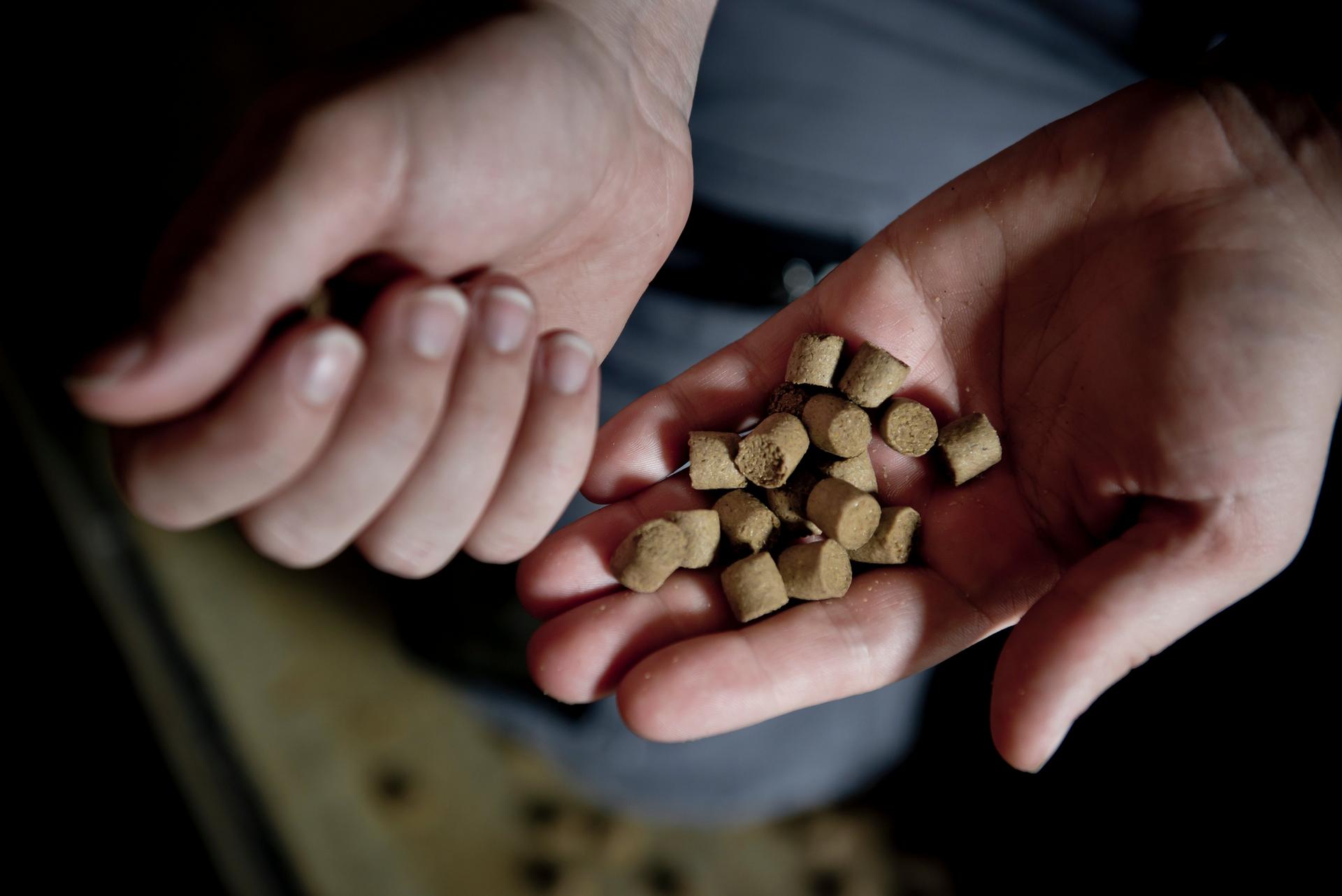
BioMar seeks to decouple feed supply chains from directly competing with food for human consumption.
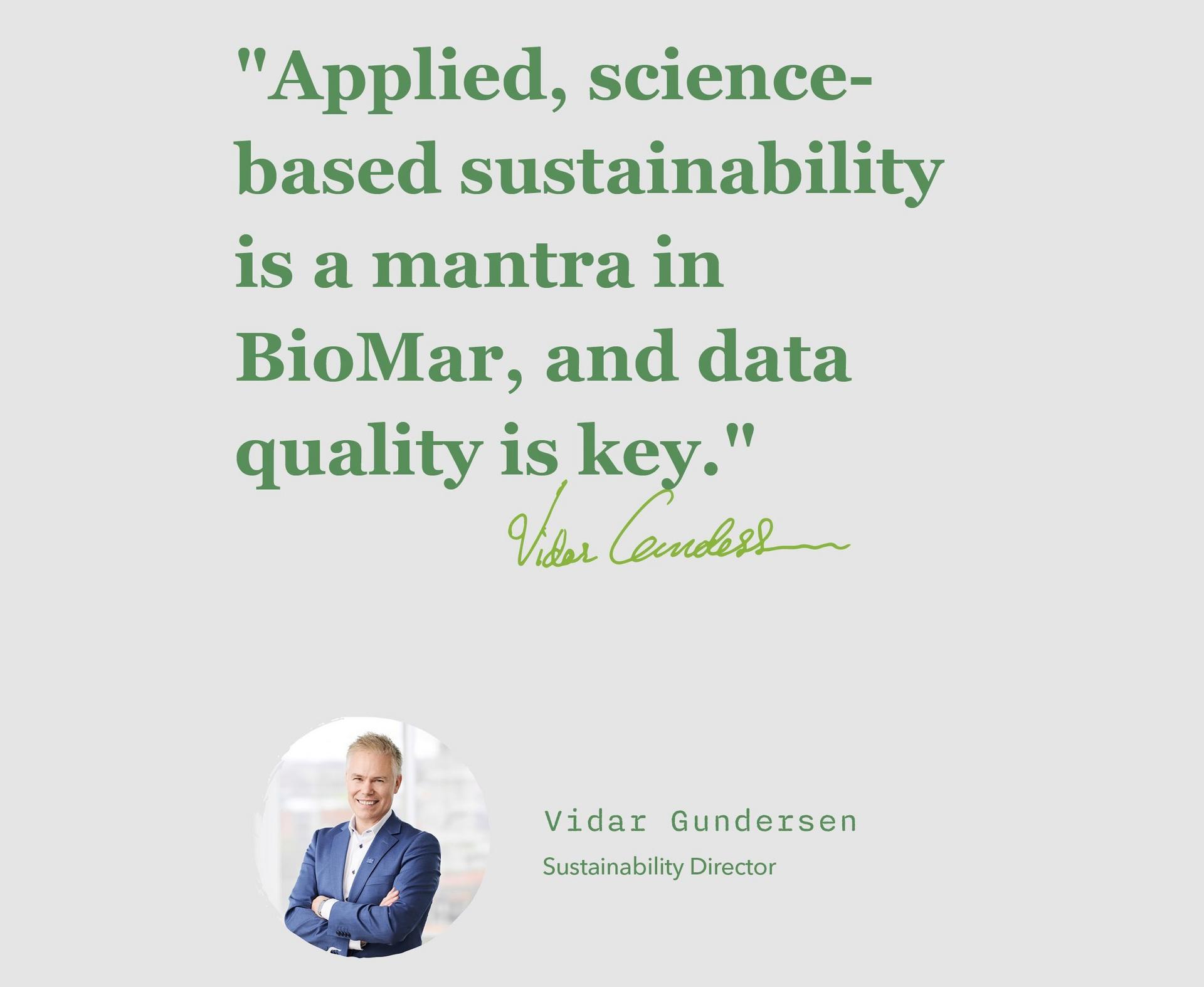
This is currently the most ambitious designation available through the Science Based Targets Initiative (SBTi) process.

The scientific community has stressed the urgency of limiting warming to 1.5°C because the health of oceans, ecosystems, and humans depends on it.

BioMar’s sustainability programme BioSustain helps foster the use of high-quality, low-impact raw materials in feed recipes.
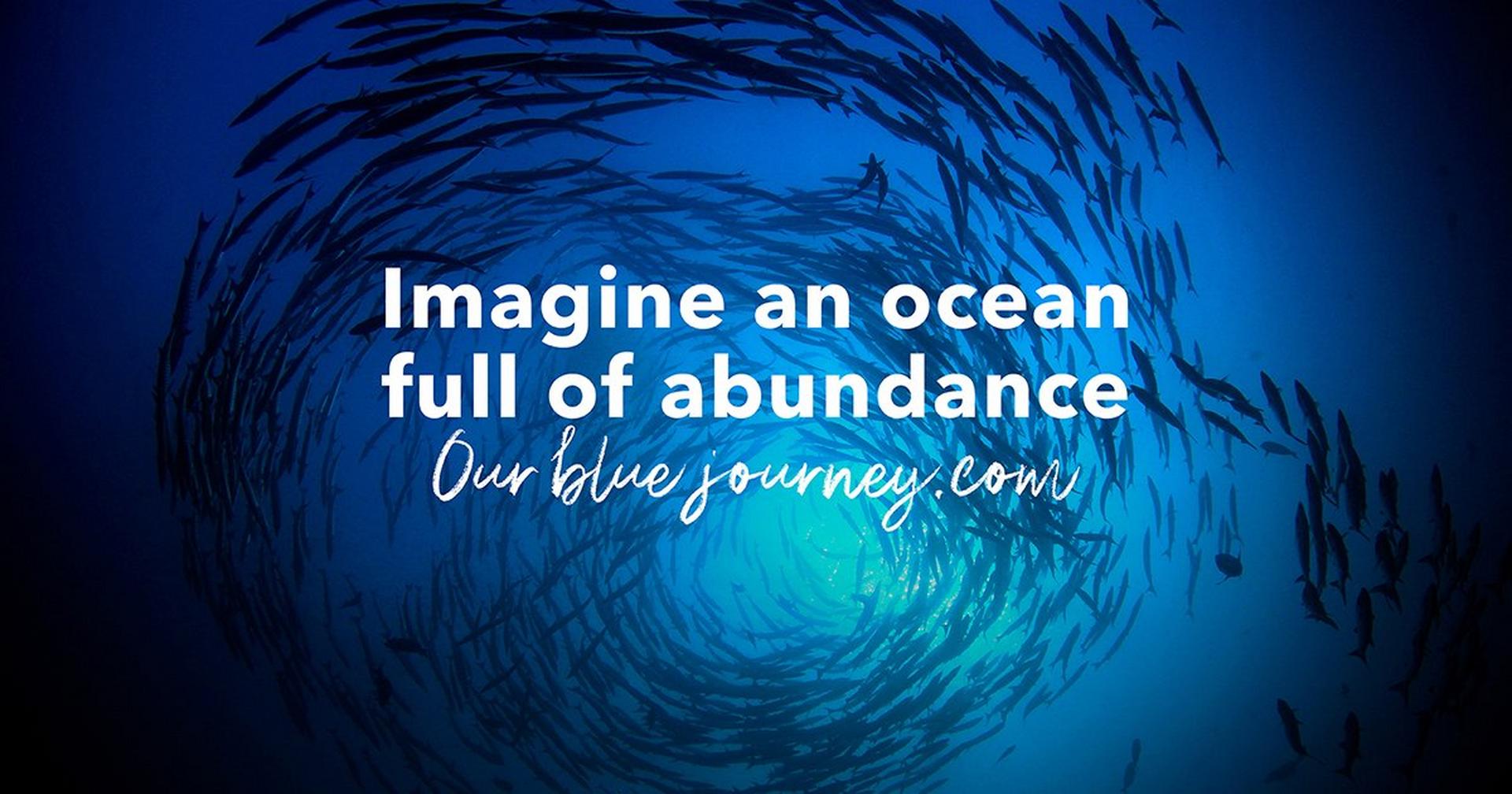
Knowledge of several critical environmental impact areas of aquafeeds is essential in helping make sustainable decisions.
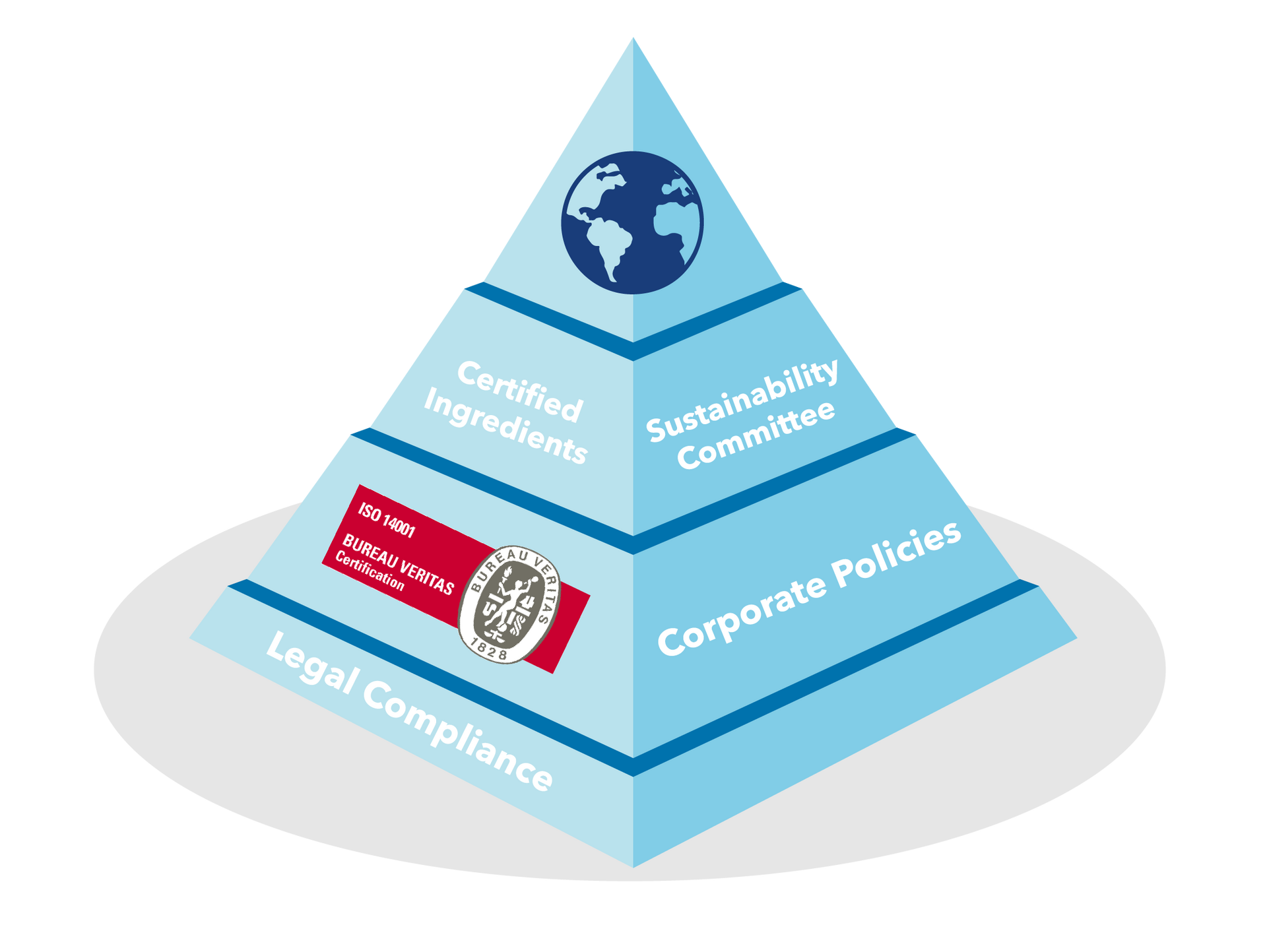
Aquaculture is one of the most important food providers in the world and it requires a lot to secure that long-term growth takes place in a sustainable and efficient way.

This is currently the most ambitious designation available through the Science Based Targets Initiative (SBTi) process.
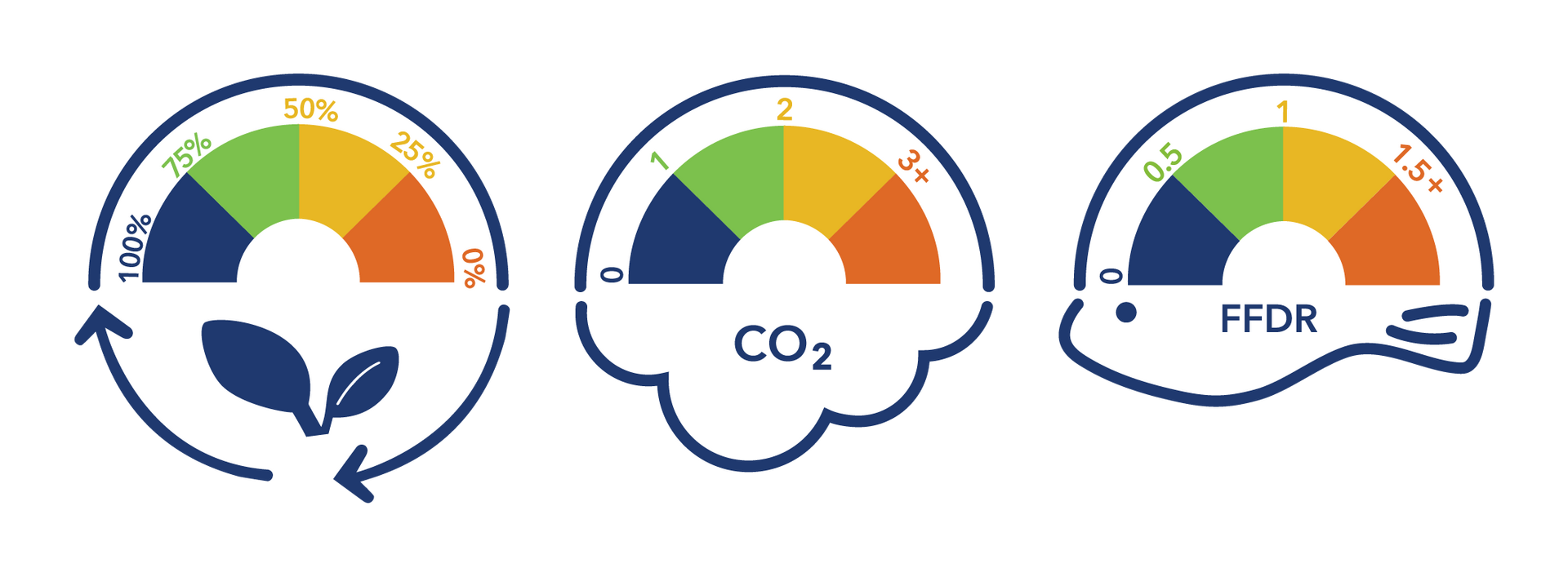
Knowledge of several critical environmental impact areas of aquafeeds is essential in helping make sustainable decisions.

Being mindful of our planet's resources at BioMar extends beyond our feed recipes to include the packaging of our aquafeeds.

The birth and development of BioSustain, a sustainability measuring tool